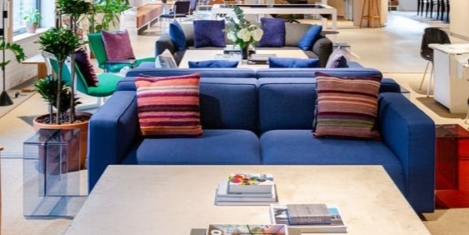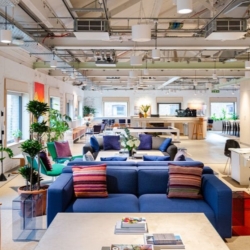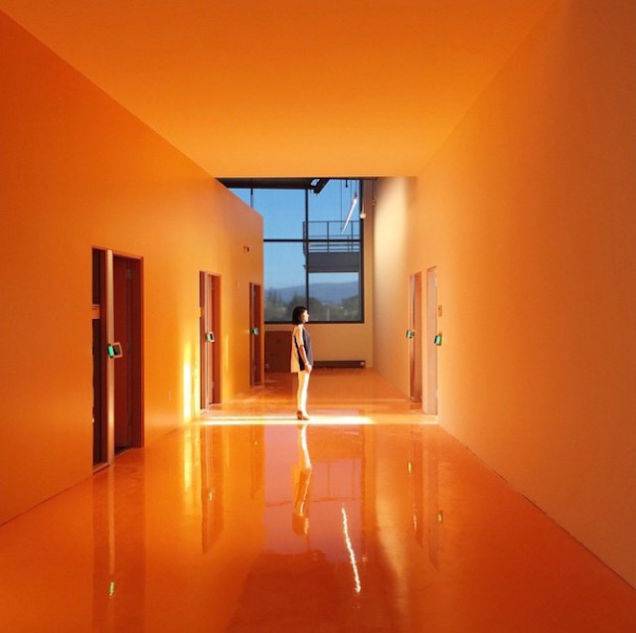April 10, 2024
MIPIM has changed, and mostly for the better
 With an estimated 27,000 delegates from 90 countries, MIPIM is still a force to be reckoned with when it comes to opportunities to network and learn as delegates, with organisations using the week to deliver news, insights and thinking. The theme for MIPIM this year was The Global Urban Community; and it really did feel more international than previous years, the majority of attendees are still from France, Germany and the UK, but there were significant delegations from the United States, Canada, Oman, Egypt and Hong Kong, more from Asia generally and a show stopper from Saudi Arabia, more of which later. (more…)
With an estimated 27,000 delegates from 90 countries, MIPIM is still a force to be reckoned with when it comes to opportunities to network and learn as delegates, with organisations using the week to deliver news, insights and thinking. The theme for MIPIM this year was The Global Urban Community; and it really did feel more international than previous years, the majority of attendees are still from France, Germany and the UK, but there were significant delegations from the United States, Canada, Oman, Egypt and Hong Kong, more from Asia generally and a show stopper from Saudi Arabia, more of which later. (more…)


































April 9, 2024
The significance of women’s health is increasingly acknowledged in the modern workplace
by Olga Kokshagina • Comment, Wellbeing